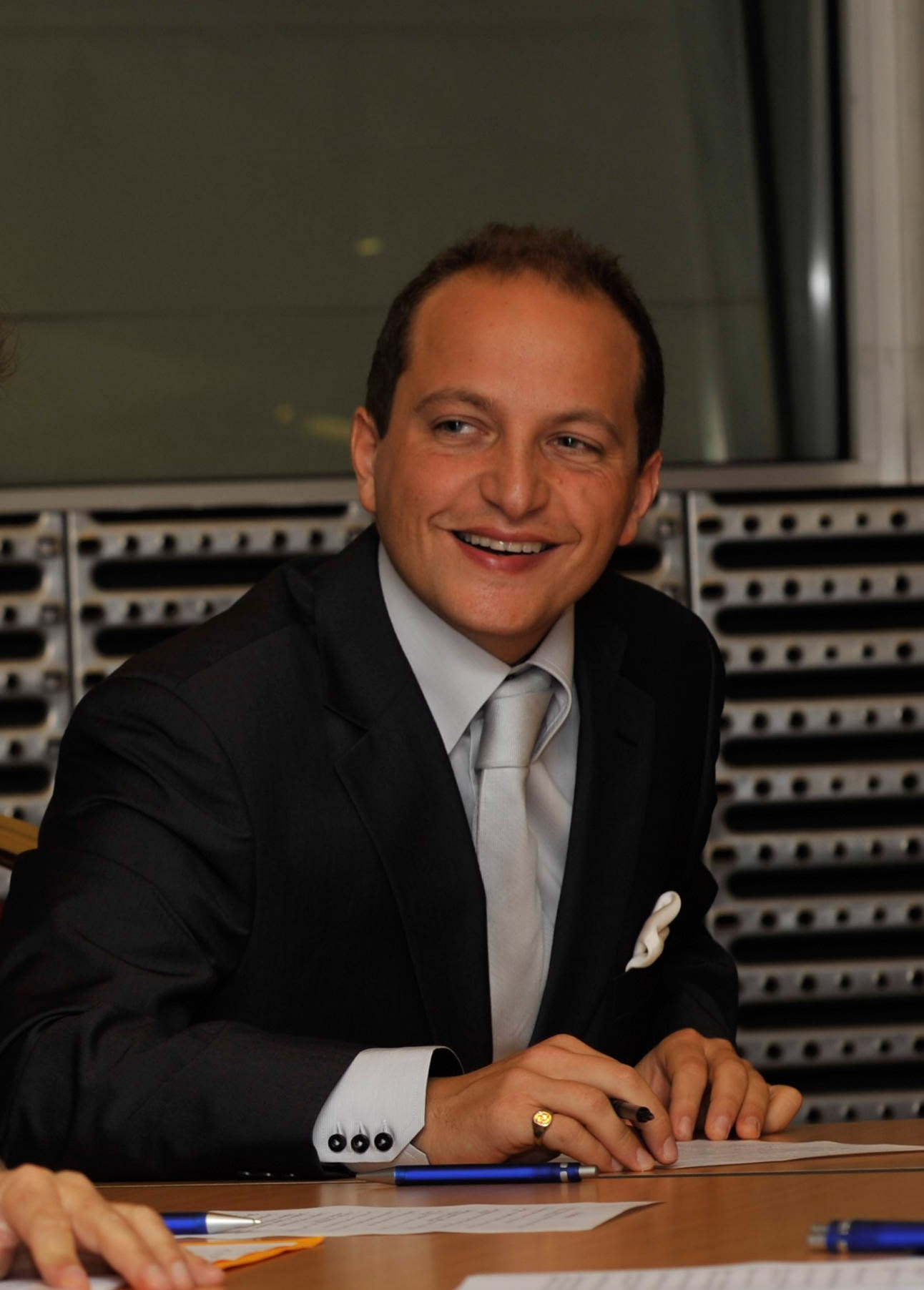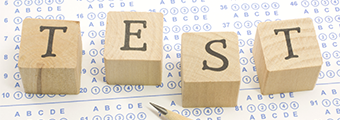Psychoanalysis, a solution to treat your phobias and fears
Phobias, these often irrational fears that can lead to anxiety attacks, pain or discomfort, affect one in 10 French people. An alarming figure, especially when we know that phobias can constitute a real handicap in everyday life. Fear of spiders, fear of public speaking, fear of crowds, fear of cramped quarters, fear of driving, fear of flying… There are endless phobias. The good news is that these mental illnesses can be treated, by behavioral therapies or by taking medication, but also… by psychoanalysis.

Psychoanalysis, how does it work?
Psychoanalysis is a therapy centered on introspection. With the help of the psychoanalyst, who plays the role of guide, the patient learns to know himself better and to identify his specific behaviors and responses to the world around him. Widely used to treat depression or communication difficulties, it is a gentle therapeutic method that goes deep into the consciousness, down to the subconscious. It can last several weeks, months or years, it depends on the patient’s wish to overcome the phobia which is only a consequence of his history.
Psychoanalysis has recently experienced a resurgence of interest and is gaining more and more momentum: whereas in Sigmund Freud’s time, it was used as a therapy in its own right, to treat serious psychic ailments, it has since been democratized and is used to treat all types of psychic problems, even slight ones, such as discomfort vis-à-vis oneself for example. Psychoanalysis is recognized for its effectiveness due to the use of gentle and non-intrusive methods: it is the patient himself who is at the origin of his own healing. Enough to provide lasting well-being and avoid any recurrence.
There are therefore different currents of psychoanalysis, Freud, Lacan, Jung, across the Atlantic other personalities will become known as Kohut who will leave his mark on a different psychoanalysis, to name but one.
How to treat phobias through psychoanalysis?
Increasingly convinced of its effectiveness, therapists are turning to psychoanalysis to treat phobias. The role of psychoanalysis is to allow the patient to identify the causes of his phobia, which is the first and most important step towards healing. If the patient analyzes the triggers of his phobia and becomes aware of their irrational nature, healing will be easier. Psychoanalysis can therefore intervene upstream of any medical treatment or behavioral therapy to which the patient could turn. Free speech is essential. The human suppresses a large number of impulses, the latter like a pressure cooker end up exploding and the subject trying to curb them will trigger this irrational fear that is phobia. Patients are most often consciously far from imagining the link between their symptoms and the link with their personal history, that of their parents or grandparents. Not to mention a genetic heritage, there are cultural heritages or mimicry that can be all or part of the cause of one of several phobias.
From the beginnings of psychoanalysis, Freud had analyzed the mechanism that pushes the unconscious to create phobias. According to him, phobias were linked to the Oedipus complex, to the castration complex: at the origin of any phobia would be an unavowable and therefore repressed fantasy.
How is a psychoanalysis session carried out?
To identify the causes of a phobia, the psychoanalyst must therefore seek to bring out this repressed fantasy and this original fear. That is to say, to deconstruct the phobic behavior of the patient, the triggering factors, the avoidance strategies put in place, and the symptoms of the phobia (physical and mental). Gradually, over the sessions, mental patterns emerge, and the patient becomes aware of them. It is this awareness that will allow him to treat his phobia himself. Unconsciously the psychic links will begin to be made; to put themselves in place so that the phobia no longer has any “use” in the life of this patient and that he can face up to what he feared so much.
Phobias are not irremediable: psychoanalysis is a painless method that respects the rhythm and psychic exhaustion of the patient. It is self-sufficient to treat the phobia.



